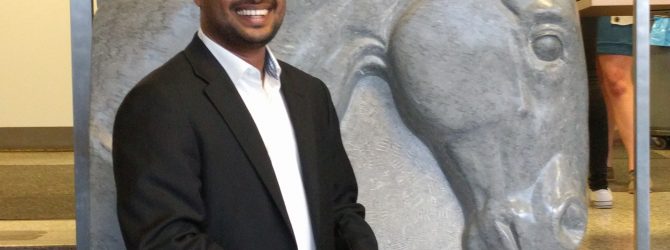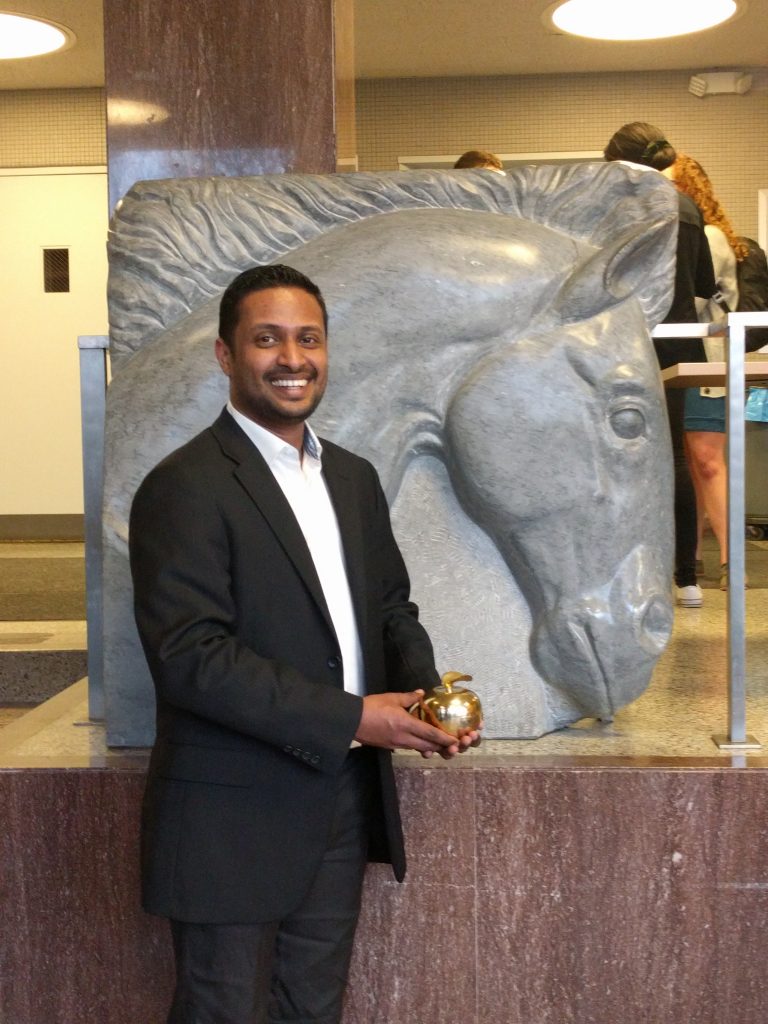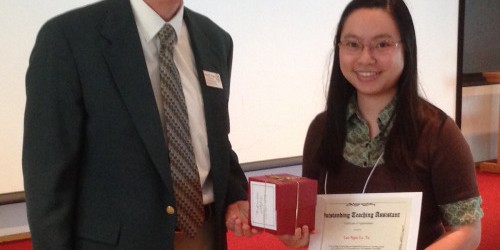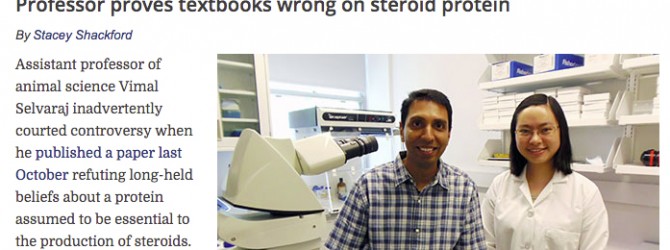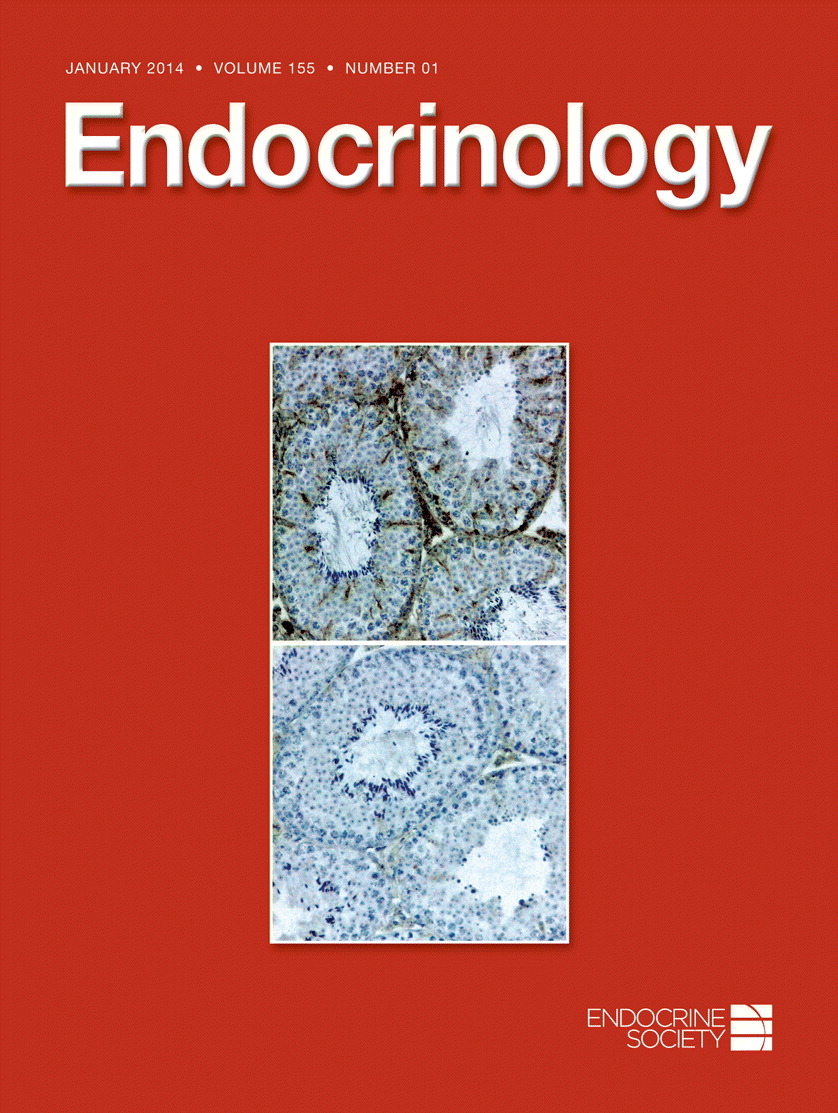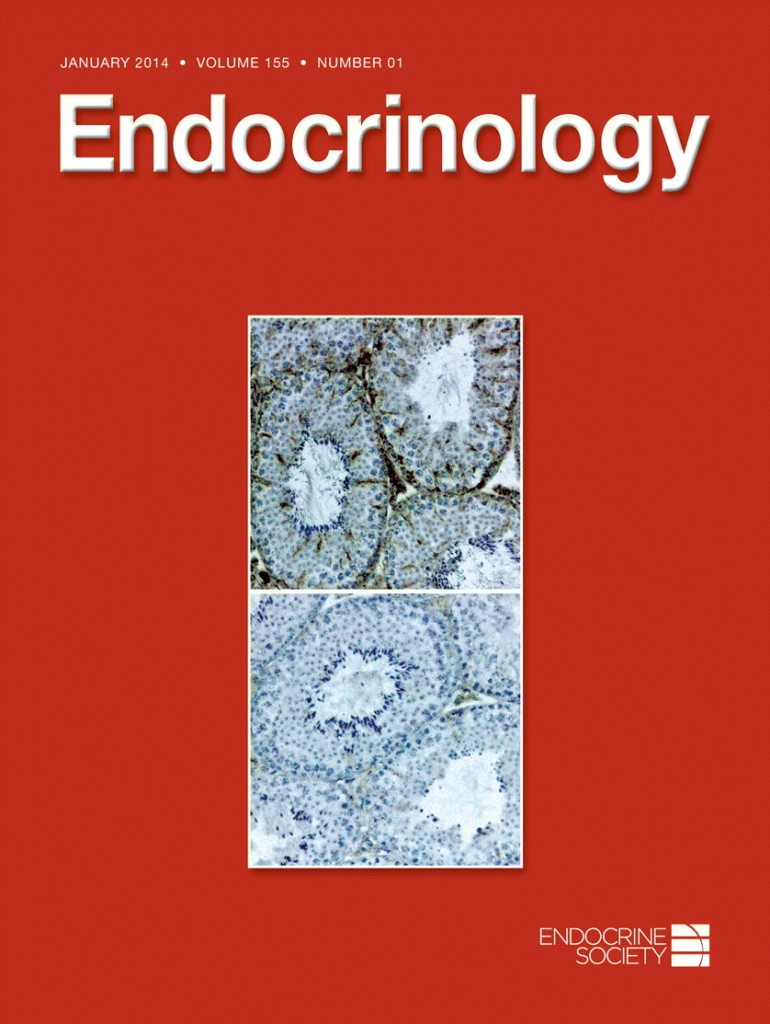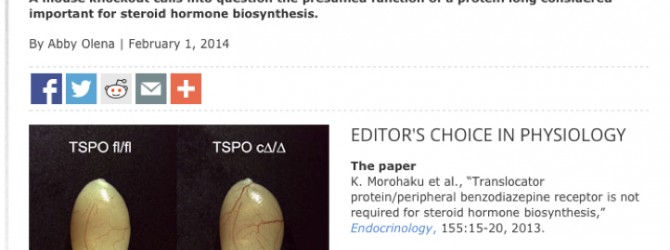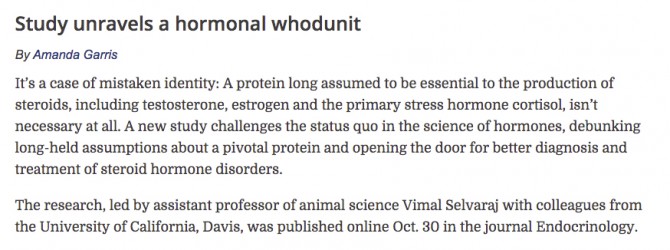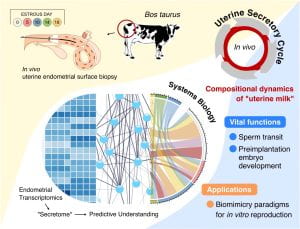 This study unravels the recurring sequence of changes within the uterine lumen that supports vital functions (sperm transit and development of preimplantation embryonic stages) during the reproductive cycle in female Ruminantia. New systems knowledge uncovered regarding uterine reproductive physiology correlated with early embryogenesis is crucial for setting up in vitro biomimicry and artificial environments for assisted reproduction technologies for a range of mammalian species. Read the full text at DOI: 10.1152/physiolgenomics.00035.2023
This study unravels the recurring sequence of changes within the uterine lumen that supports vital functions (sperm transit and development of preimplantation embryonic stages) during the reproductive cycle in female Ruminantia. New systems knowledge uncovered regarding uterine reproductive physiology correlated with early embryogenesis is crucial for setting up in vitro biomimicry and artificial environments for assisted reproduction technologies for a range of mammalian species. Read the full text at DOI: 10.1152/physiolgenomics.00035.2023


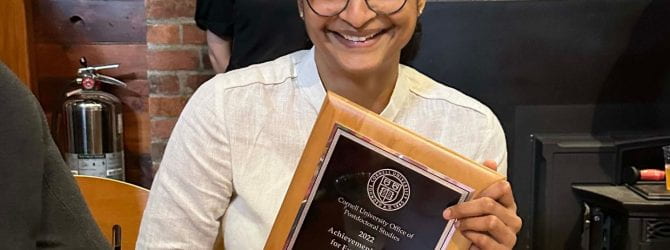
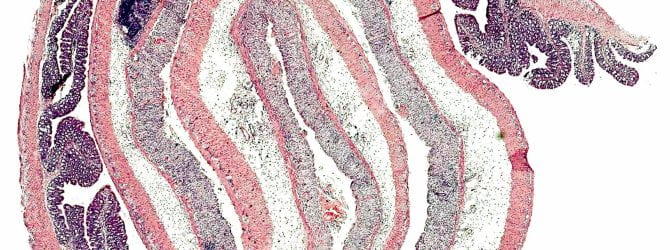
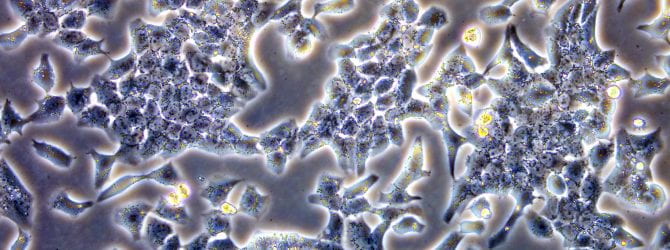
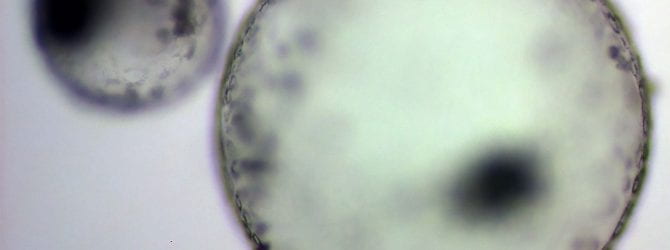
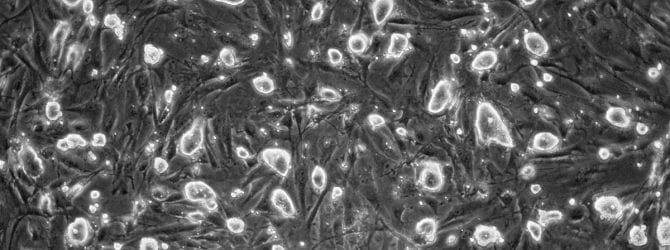
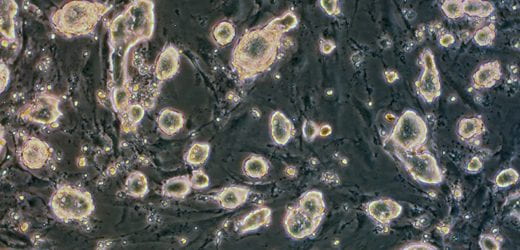
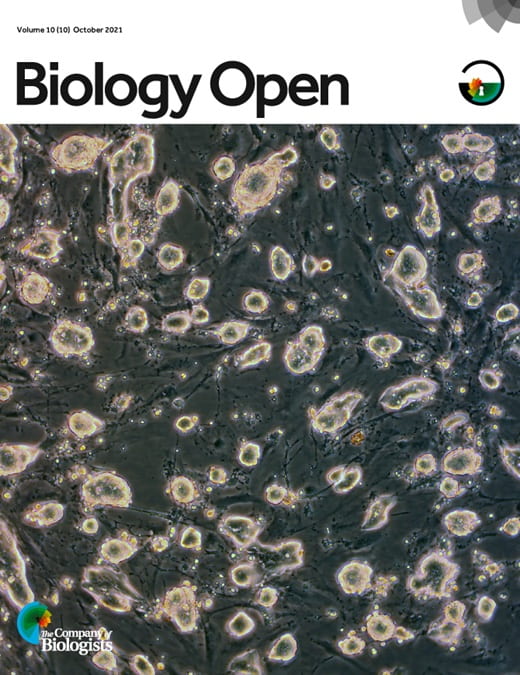
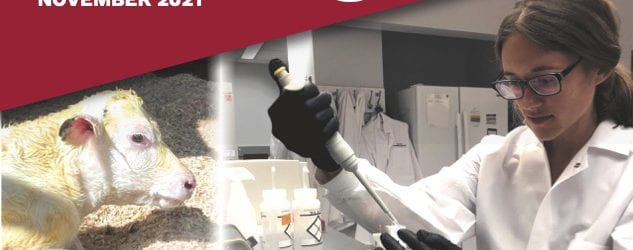
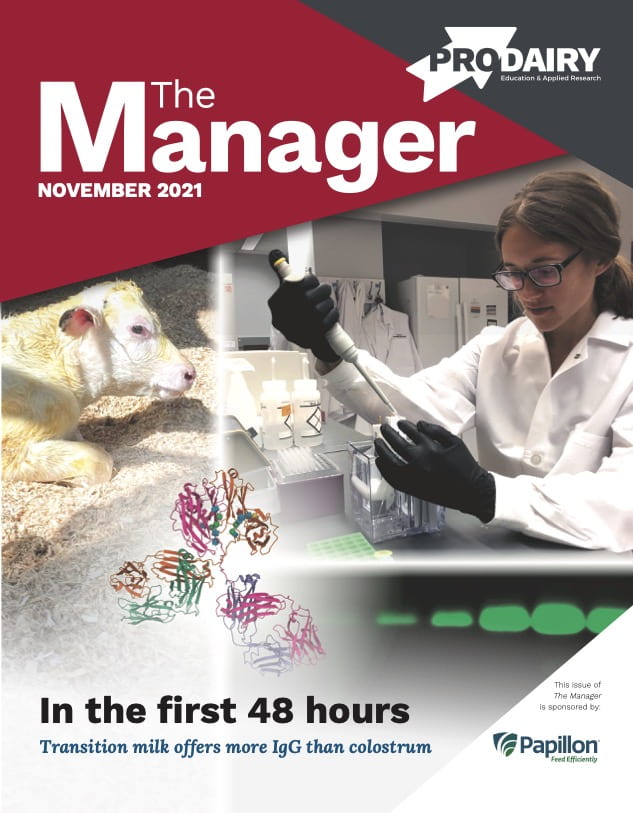
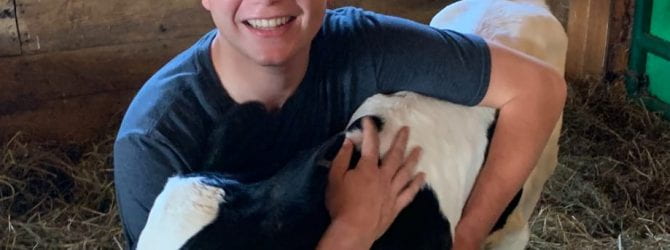
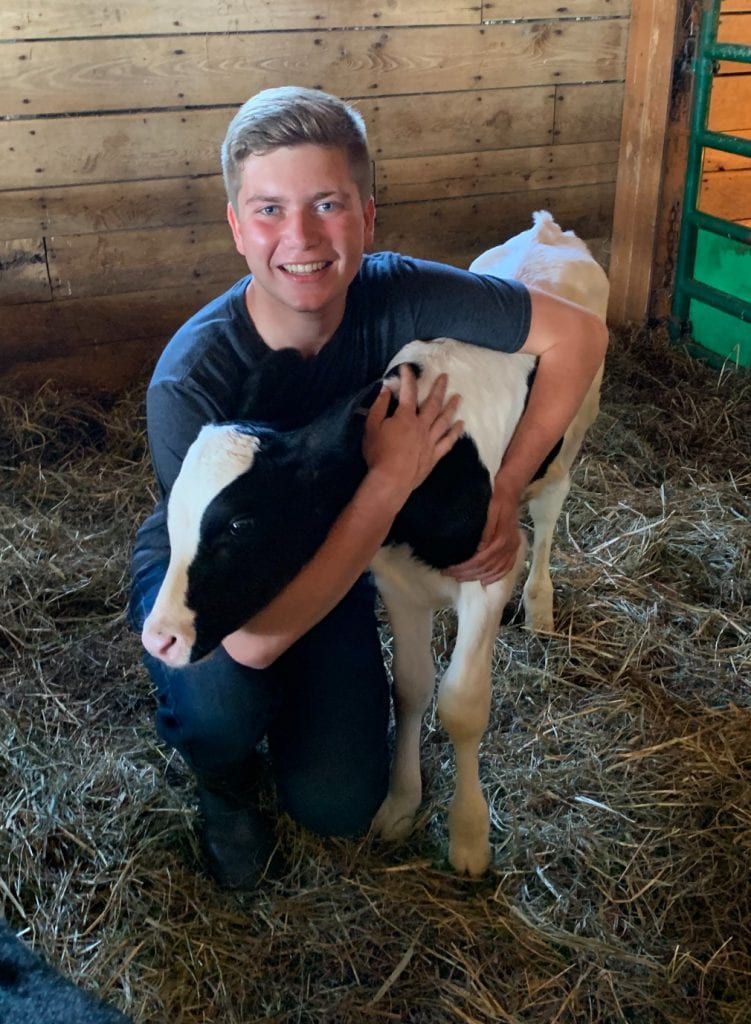
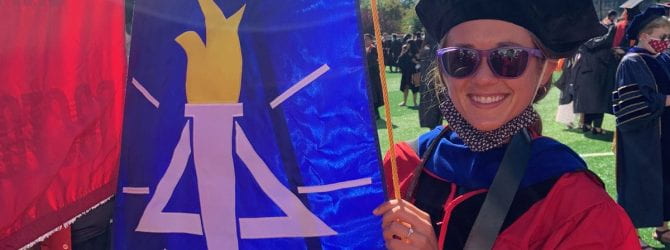
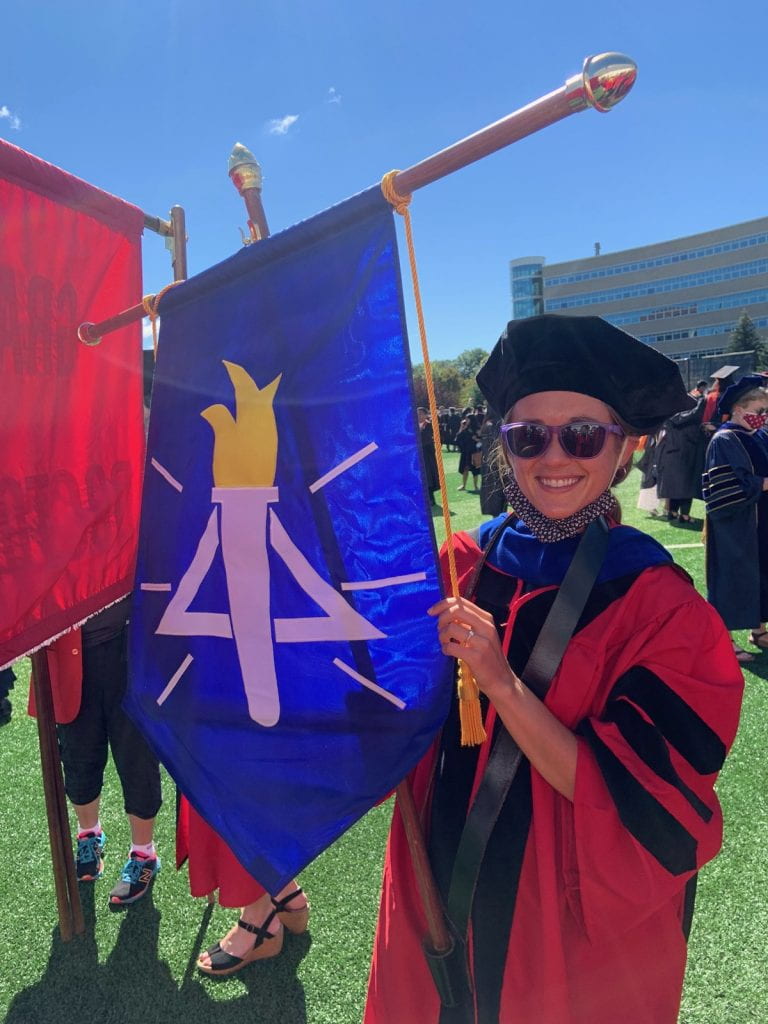
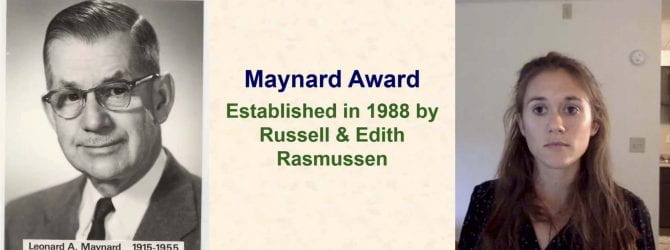
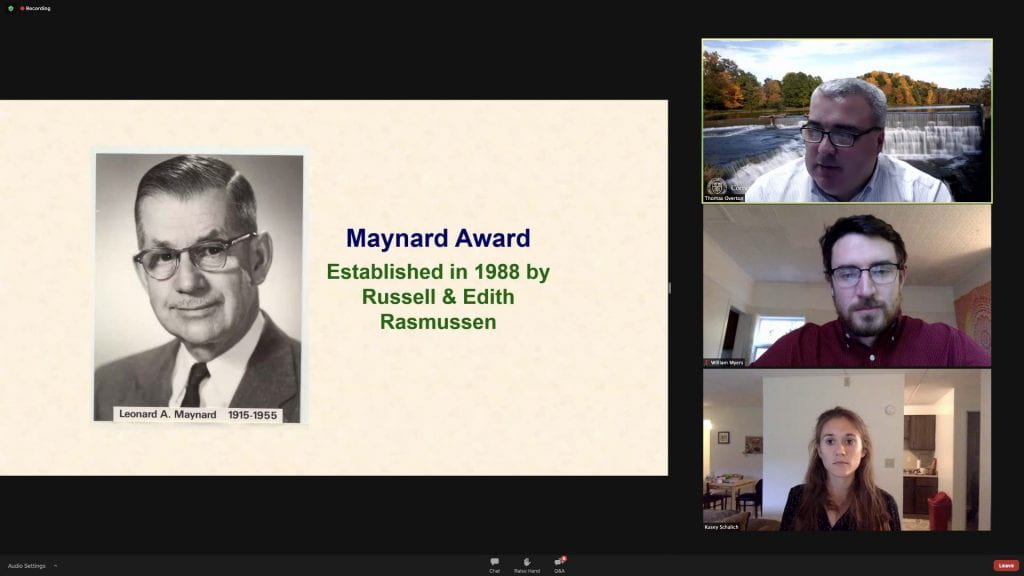
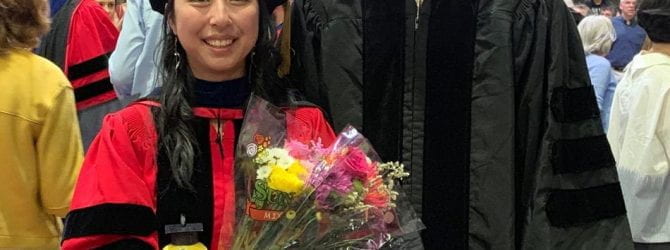


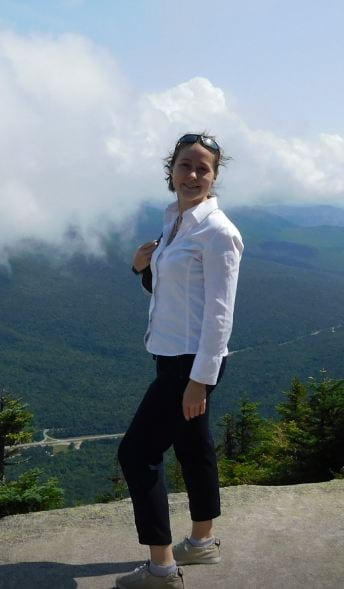
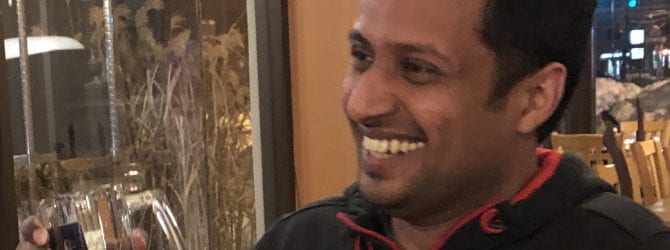
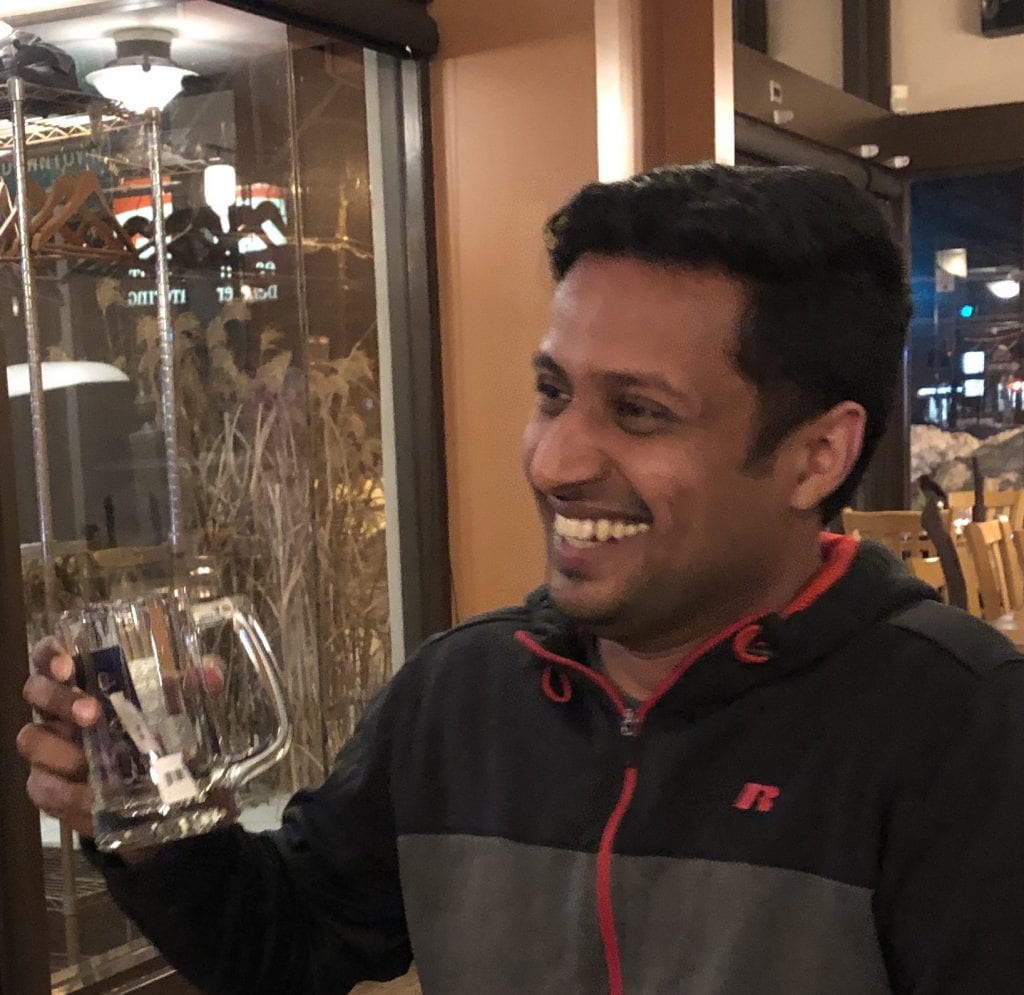
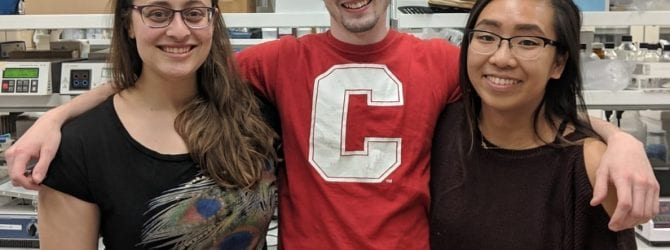
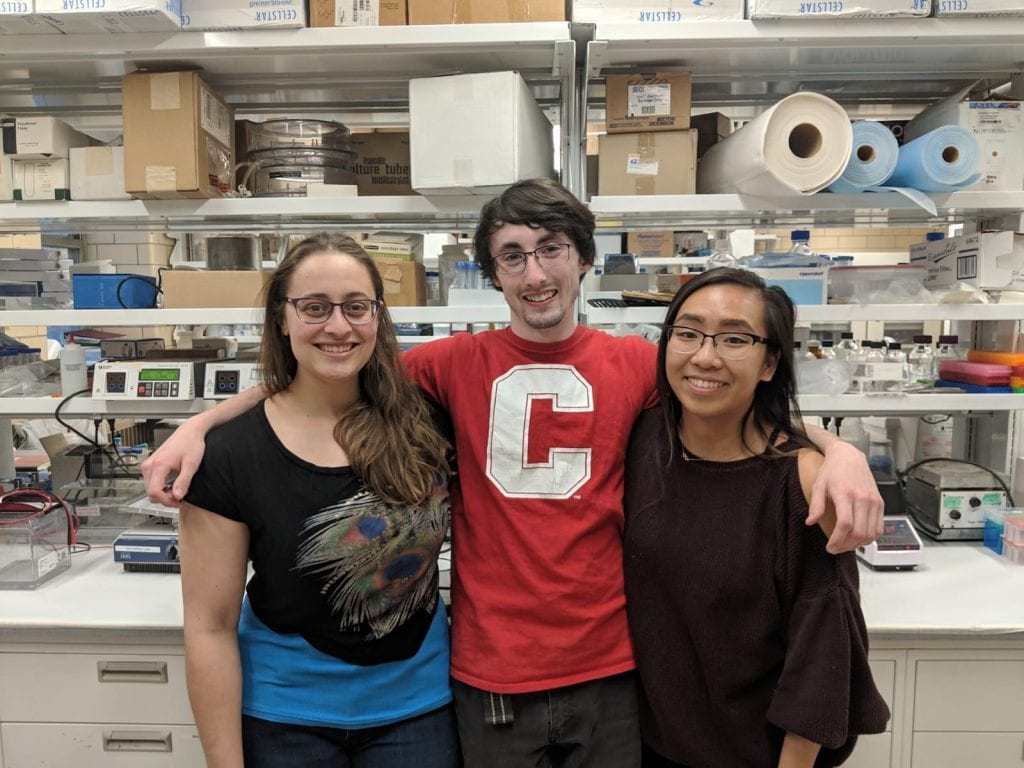
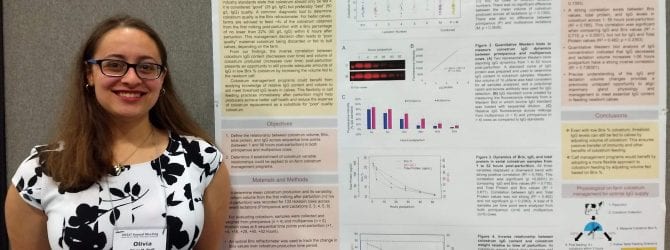
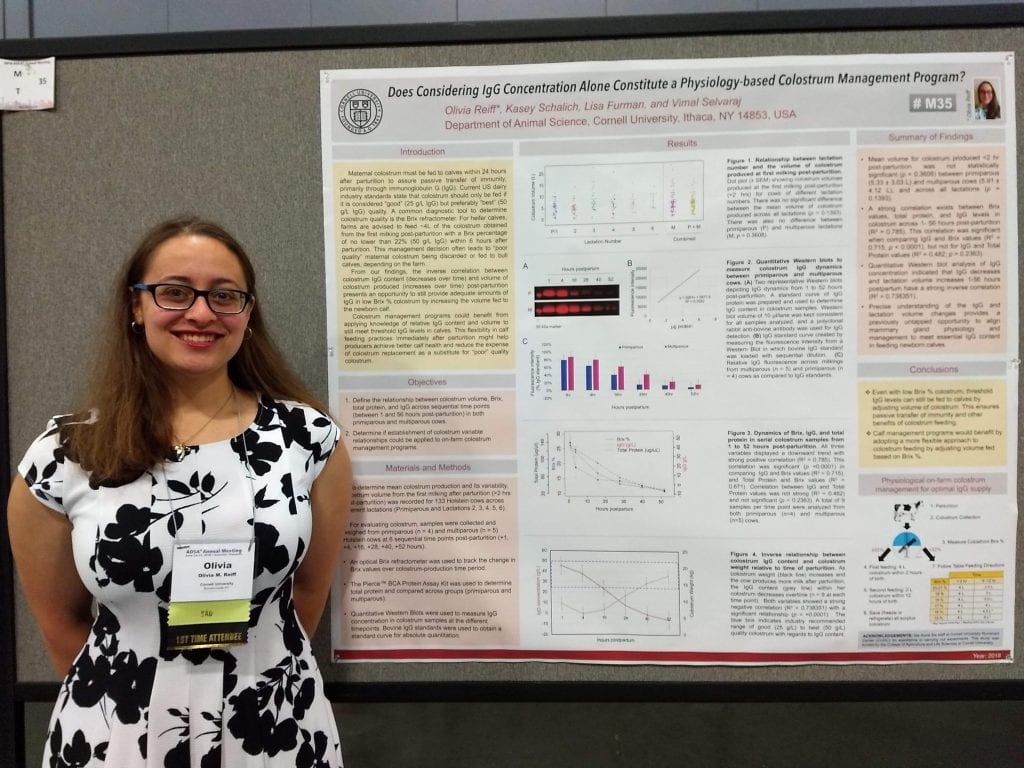
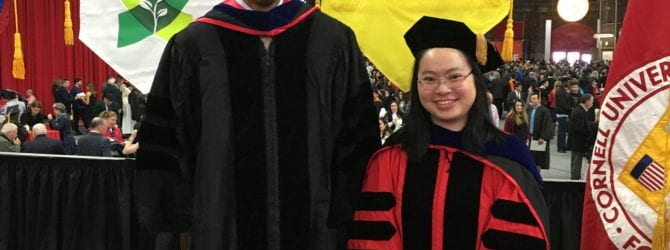
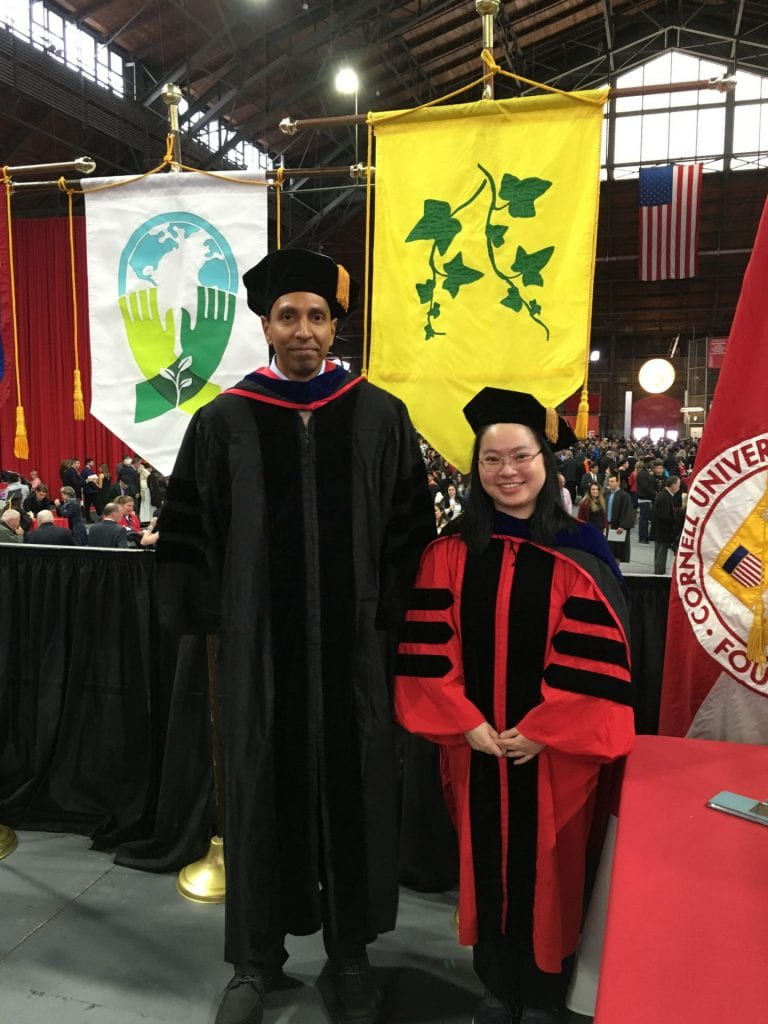
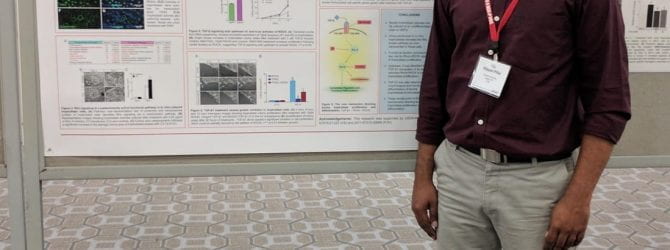
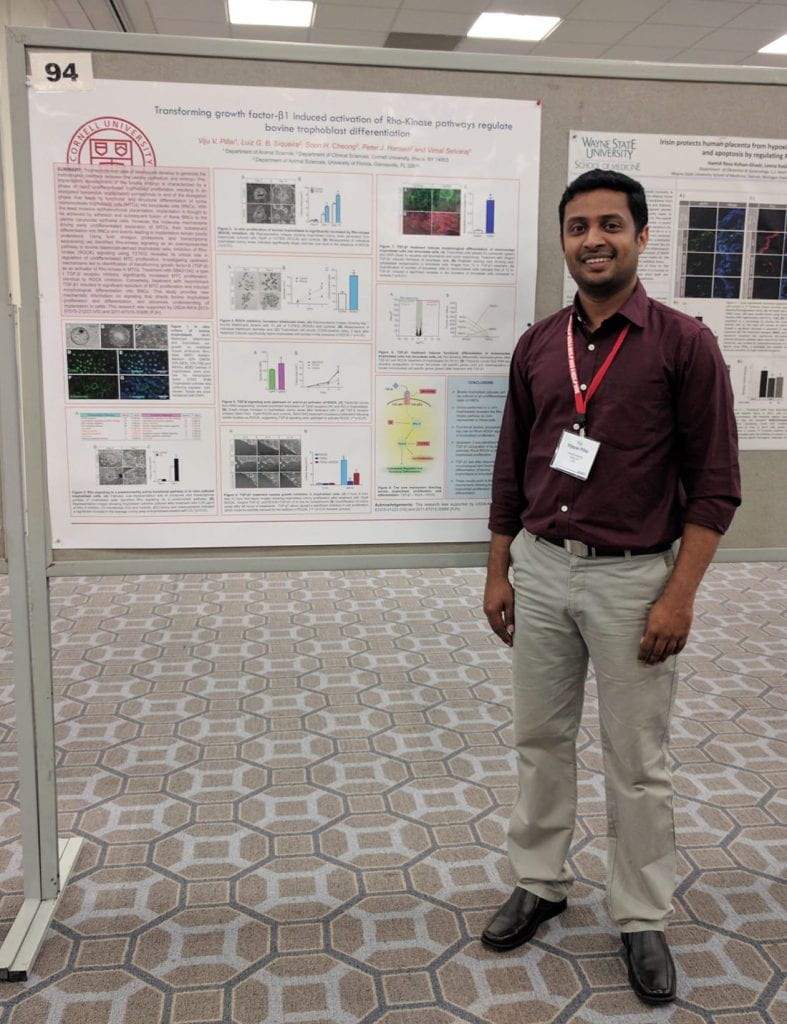

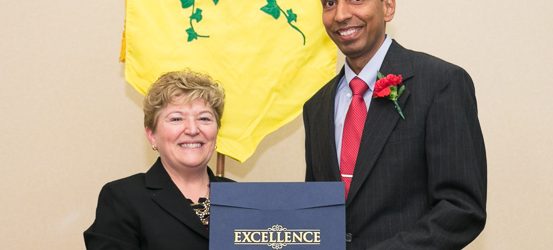
 Vimal was awarded the “SUNY Chancellor’s Award for Excellence in Teaching” for the year 2017. Picture from award ceremony with Dean Kathryn Boor.
Vimal was awarded the “SUNY Chancellor’s Award for Excellence in Teaching” for the year 2017. Picture from award ceremony with Dean Kathryn Boor.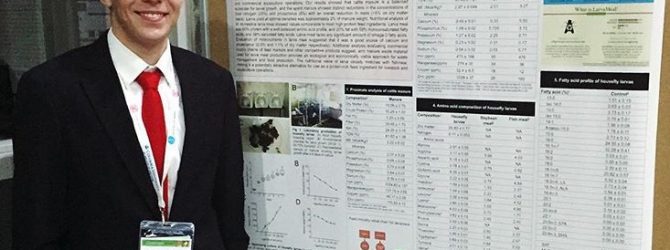
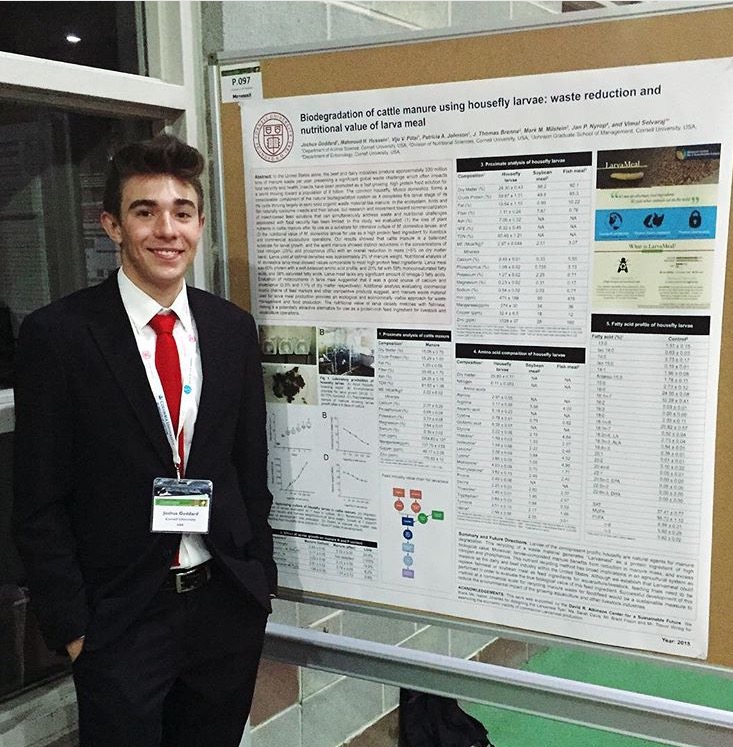 Josh Goddard presents his work on regenerating protein from waste as insect larvae at the 2nd International Conference on Global Food Security.
Josh Goddard presents his work on regenerating protein from waste as insect larvae at the 2nd International Conference on Global Food Security.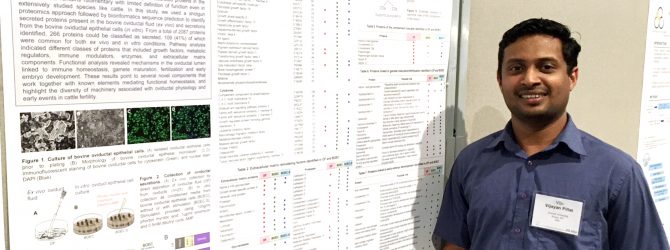
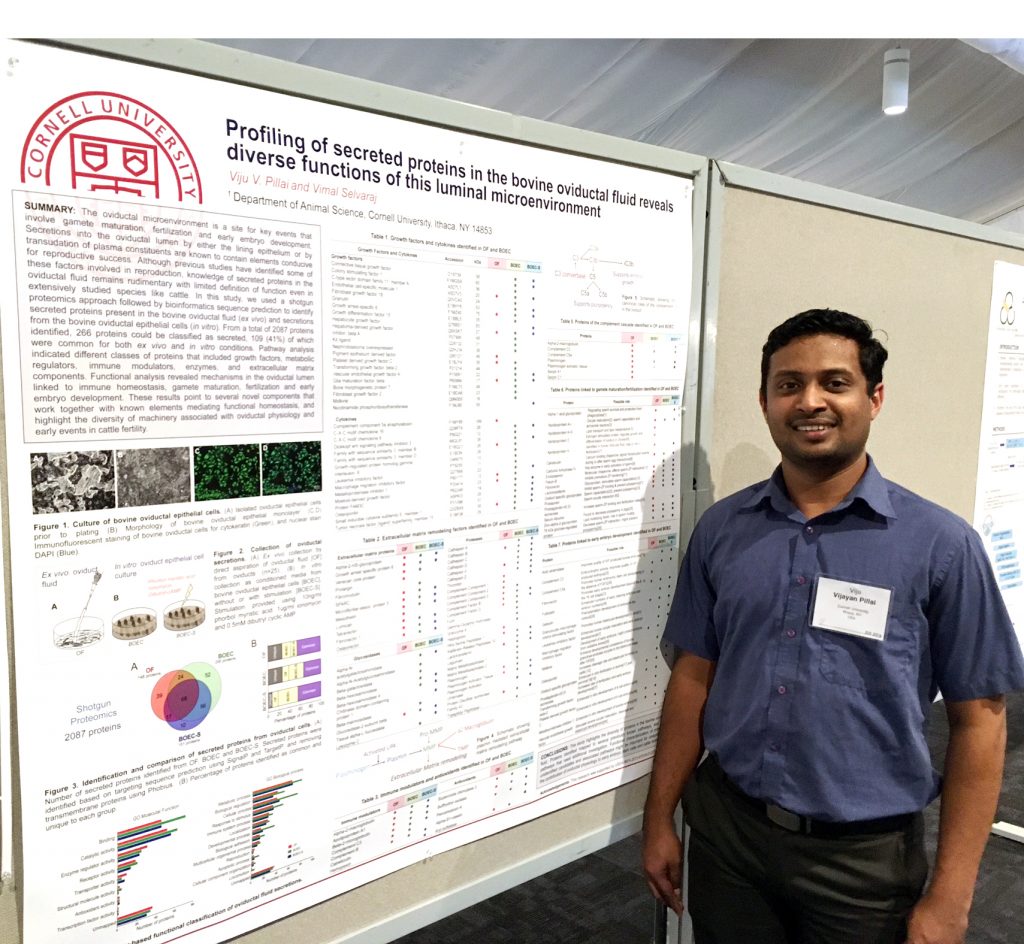 Viju presents his research on bovine oviductal fluid at the Society for the Study of Reproduction annual meeting at San Diego, CA.
Viju presents his research on bovine oviductal fluid at the Society for the Study of Reproduction annual meeting at San Diego, CA.